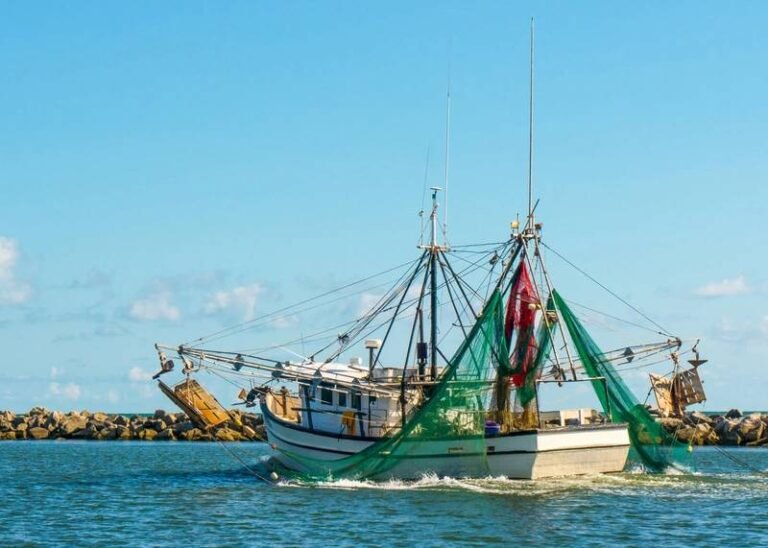BOEM Finalizes Guidance for Offshore Wind Energy Projects and Fisheries
The US Bureau of Ocean Energy Management (BOEM) has recently released finalized guidance aimed at minimizing the impacts of offshore wind energy projects on commercial and for-hire recreational fisheries. This guidance provides a national framework to address the social and economic implications on the fishing industry and sets forth clear processes for the offshore wind sector to manage potential disruptions to fisheries. It aims to ensure consistency and fairness in the treatment of fishermen, regardless of their home or landing port.
Key Aspects of the Guidance
The guidance stresses the importance of early engagement and transparency with fishing communities. It encourages lessees to document their interactions with fishermen. Additionally, the guidance offers recommendations on design considerations, safety protocols, and financial compensation processes. These compensation measures cover the entire lifecycle of offshore wind projects, from construction to early operations and decommissioning, providing comprehensive coverage for impacted fisheries.
Exclusions and Future Developments
It is important to note that the guidance does not cover floating offshore wind projects. BOEM is actively working on developing separate guidance tailored to floating infrastructure. This specialized approach demonstrates BOEM’s commitment to addressing the unique challenges and opportunities presented by floating offshore wind technologies.
Overall, the finalized guidance reflects BOEM’s dedication to fostering responsible and sustainable development of offshore wind energy while safeguarding the interests of fishing communities. By establishing a clear framework for addressing the impacts on fisheries and promoting fair treatment of fishermen, this guidance sets a precedent for effective collaboration between the offshore wind industry and the fishing sector.

